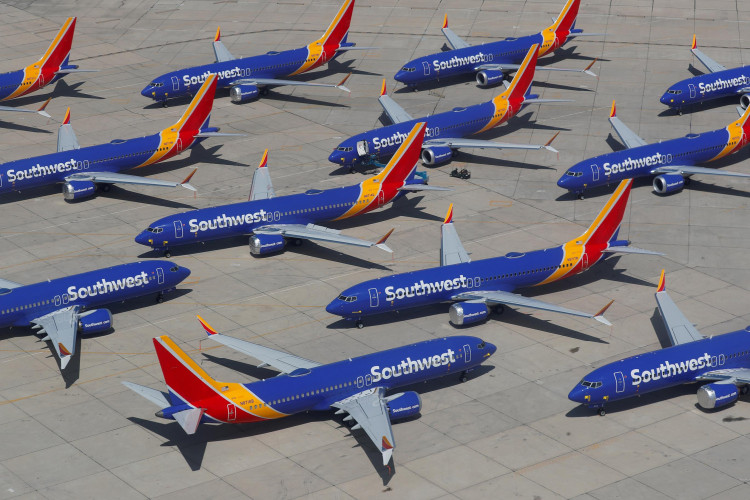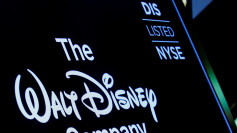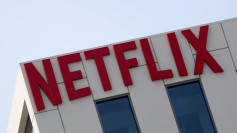Southwest Airlines finds itself at the center of an activist investor storm as Elliott Investment Management reveals a significant $1.9 billion stake in the U.S. carrier. This move, disclosed by The Wall Street Journal on Sunday, has propelled Southwest's shares by approximately 7% in premarket trading on Monday. Elliott, now one of Southwest's largest investors, is pushing for substantial changes to address the airline's recent underperformance.
The Dallas-based airline has been grappling with a series of challenges, including higher operational costs and delays in the delivery of Boeing's 737 MAX aircraft. These issues have forced Southwest to temper its growth plans, leaving it overstaffed and struggling with slower-than-expected revenue growth. The airline's shares have fallen nearly 4% this year, in stark contrast to the S&P 500 index's 12% rise.
"We are not surprised by the activist interest in Southwest given the very strong franchise with valuable tangible and intangible assets," noted Raymond James analyst Savanthi Syth. This sentiment echoes the broader market's recognition of Southwest's potential, despite its current struggles.
Elliott Investment Management, renowned for its aggressive tactics in pushing for corporate changes to enhance shareholder value, plans to engage directly with Southwest's management team. The firm's history of driving significant shifts in company strategies underscores the seriousness of their intent. The Journal reported that Elliott's focus is on improving Southwest's strategic direction and addressing the leadership at the top, particularly targeting Board Chair Gary Kelly and CEO Bob Jordan.
Elliott's approach has not been without controversy. Their strategy emphasizes the need for external leadership to drive change at Southwest, a company historically known for promoting from within. "Current Executive Chairman and CEO are rigidly committed to the status quo. Southwest must bring in new leadership from outside of the Company for Southwest's strategy to evolve," stated Elliott in their presentation. This stance, however, has raised concerns about the potential disruption such changes could cause to Southwest's unique corporate culture.
The backdrop of this corporate drama includes a broader context of industry-wide challenges. Rival United Airlines also reported a $200 million loss in the first quarter due to Boeing's delays, indicating that Southwest's issues are part of a larger industry trend. Despite these hurdles, the airline sector remains optimistic about strong demand for summer travel, which could bolster revenues across the board.
Elliott's aggressive posture has sparked debate about the best path forward for Southwest. Critics argue that a more measured approach, focusing on board-level changes rather than a complete overhaul of the executive team, might be more prudent. "Trying to chop off the head of the airline's day-to-day leadership ranks is a far riskier move that is likely to backfire," observed an industry analyst. The suggestion is that Elliott should work with existing leadership to drive necessary changes rather than risk destabilizing the company with drastic measures.
Southwest's labor relations, a key factor in its operational stability, are currently favorable, with new contracts in place. This stability might provide a buffer against Elliott's more radical proposals. However, the airline's leadership must still present a compelling vision for future growth to rally both employees and investors.
Elliott's involvement has already put pressure on Southwest's management to accelerate planned improvements. CEO Bob Jordan has hinted at upcoming strategic shifts, promising more details at an investor day in September. The urgency injected by Elliott's stake could push these plans forward, potentially leading to faster implementation of new initiatives aimed at revenue growth and cost containment.






